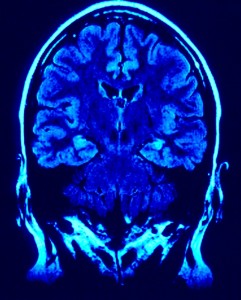 Given the enormous attention to sports-related concussions and the long-term implications of traumatic brain injuries (TBIs) for professional athletes, it should not come as a surprise that the National Institutes of Health (NIH) developed a brain injury study. What has come as a surprise, however, are allegations that the NFL “improperly attempted to influence the grant review process” for that study, according to a recent report from NFL.com. The allegations came through a report issued by New Jersey Rep. Frank Pallone following concerns about bias.
Given the enormous attention to sports-related concussions and the long-term implications of traumatic brain injuries (TBIs) for professional athletes, it should not come as a surprise that the National Institutes of Health (NIH) developed a brain injury study. What has come as a surprise, however, are allegations that the NFL “improperly attempted to influence the grant review process” for that study, according to a recent report from NFL.com. The allegations came through a report issued by New Jersey Rep. Frank Pallone following concerns about bias.
Do the recent allegations suggest that certain studies may not be providing accurate information about the dangers of NFL concussions and rates of chronic traumatic encephalopathy (CTE) among ex-football players? To better understand the implications of Pallone’s report, we should take a closer look at the specific allegations levied against the NFL.
Details of the Congressional Report
 North County San Diego Injury Lawyers
North County San Diego Injury Lawyers








